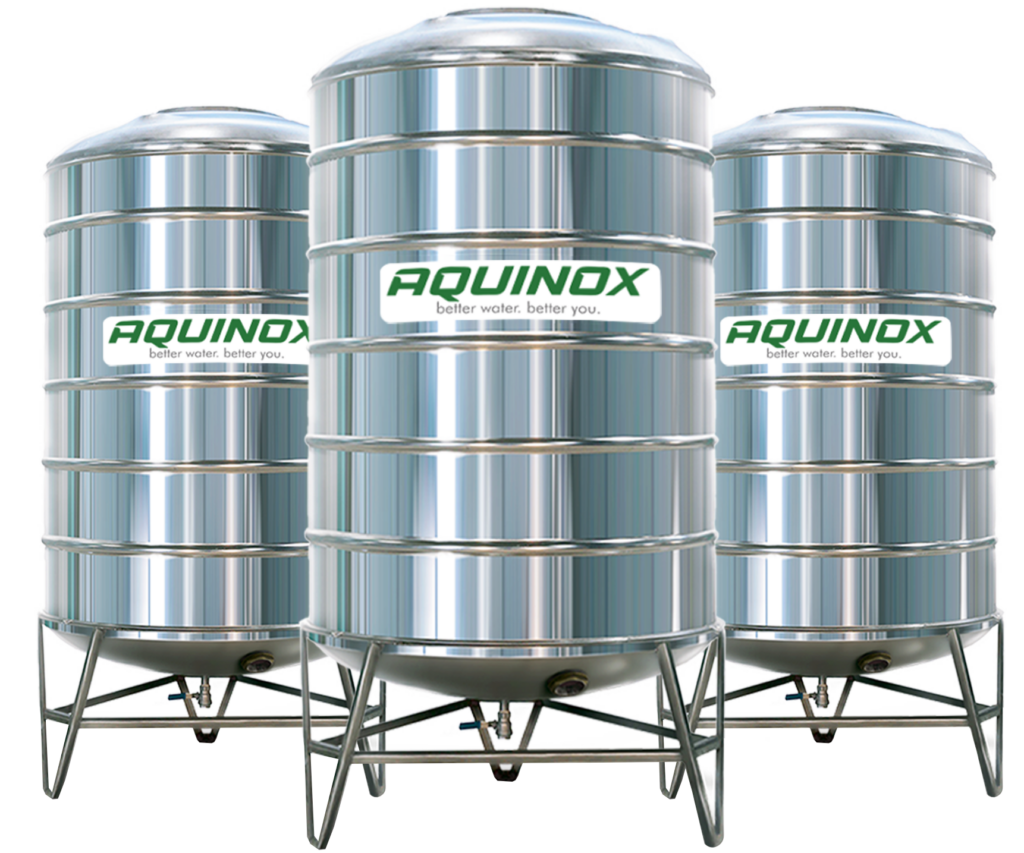
India’s rapid industrial growth has placed increasing pressure on the country’s water resources. Factories across various sectors, including textiles, chemicals, food processing, and pharmaceuticals, are major consumers of water. With the country’s water scarcity issues becoming more pronounced, it is essential for industries to adopt sustainable practices that help minimize water consumption and maximize reuse. One such practice gaining traction is the use of stainless steel tanks for water storage and reuse. These tanks play a crucial role in enabling factories to recycle water efficiently, reduce their environmental impact, and comply with regulatory requirements.
Benefits of Stainless Steel Tanks for Water Reuse
1. Durability and Longevity
One of the key benefits of stainless steel tanks is their long lifespan. Unlike traditional water storage tanks made of plastic or concrete, stainless steel tanks are resistant to corrosion, rust, and wear caused by exposure to harsh environmental conditions and chemicals commonly used in factories. In industrial settings where water quality can vary significantly, stainless steel provides a robust solution that ensures long-term functionality without degradation.
2. Efficiency in Water Storage and Treatment
In industrial water reuse systems, water typically undergoes various stages of treatment, such as filtration, chemical treatment, and disinfection, before it can be reused. Stainless steel tanks are essential for storing treated water before it is reused in production processes or for cooling purposes. Their airtight seals prevent contamination and evaporation, which can affect water quality.
Moreover, stainless steel tanks are highly customizable and can be designed to suit the specific needs of different industries. Whether it’s a small factory that needs a compact tank or a large-scale facility requiring multiple storage units, stainless steel tanks can be fabricated to fit different capacities and configurations. This flexibility makes them an ideal choice for factories looking to scale their water reuse operations efficiently.
3. Cost-Effectiveness in the Long Run
While the initial investment in stainless steel tanks may be higher than alternatives such as plastic or fiberglass, their long-term benefits outweigh the initial cost. The durability and low maintenance requirements of stainless steel tanks reduce the need for frequent repairs or replacements, leading to significant cost savings over time. Furthermore, by enabling efficient water reuse, factories can lower their dependence on expensive fresh water supplies, leading to further operational cost reductions.
For factories in water-scarce regions, the ability to recycle and reuse water efficiently can be a competitive advantage. Reduced water consumption can also help factories comply with stricter environmental regulations, avoiding fines and ensuring they meet sustainability standards.
4. Environmental Benefits
The environmental impact of water-intensive industries can be substantial, with excessive water extraction leading to depletion of local water sources and the pollution of nearby rivers and lakes. Stainless steel tanks support water reuse by reducing the need for freshwater extraction and minimizing wastewater discharge into the environment. By implementing a closed-loop water system, factories can significantly reduce their water footprint, contributing to the overall conservation of the environment.
Conclusion
In the face of increasing water scarcity, the adoption of water reuse systems is a crucial step for Indian factories to ensure sustainability, reduce operational costs, and meet environmental regulations. Stainless steel tanks play a vital role in this process, offering a durable, hygienic, and cost-effective solution for storing treated water. As industries continue to adopt circular economy principles, the use of stainless steel tanks for water reuse will not only help preserve valuable water resources but also position Indian factories as leaders in sustainable manufacturing practices. By investing in high-quality water storage solutions, Indian industries can contribute to both their long-term success and the health of the planet.


